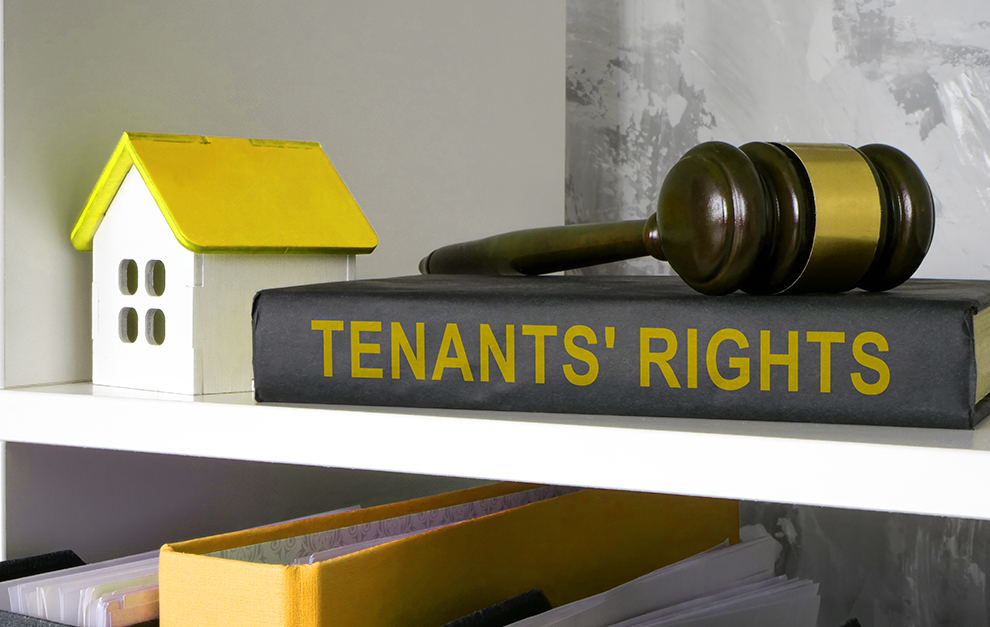A Kenyan man has caused quite a stir online after sharing some extreme advice on how to deal with landlords who refuse to return rental deposits. His tips, posted on Facebook, have led to a heated discussion, with many people questioning whether his suggestions go too far.
The Facebook user, named Fred Braddock, shared some radical ideas on how to get back at landlords who won’t return deposits. Instead of just accepting the loss, Fred encouraged tenants to take drastic actions to damage the property.
He suggested things like using a knife to remove tiles and flooding the house with water, pouring cement into the toilet to block the plumbing, breaking electrical sockets and bulb holders, spray-painting the landlord’s name on the walls, and finally, breaking the padlock at the meter box.
Click to Download draft Letter for Intention to Increase Rent
Fred’s advice quickly went viral, with many Kenyans shocked by how extreme his suggestions were. Some thought his ideas were too harsh, while others even added their own.
Kellen W Nyaga commented, “Doing all this, you must be wicked, idle, poor, and full of bitterness.”
Nells J Reagans had a different idea, suggesting, “Print posters with his numbers and put them on bridges with KeNHA markings. They will fight your battles.”
However, not everyone agreed with these tactics. Mercy Ronoh said, “My conscience can’t allow me,” and Joy Njuguna Joyce added, “This is tiring and dumb. Why not pay rent and sit on the deposit by force?”
Fred’s post highlights the frustration many tenants feel when landlords refuse to return deposits. In another incident, a Twitter user shared how she dealt with a similar situation by pouring cooking oil down the sink to block it, sparking more debate.
While Fred’s extreme suggestions may be tempting for some, they bring up important questions about fairness and legality. The conversation shows that there’s a need for better rules and clearer processes for handling rental deposits in Kenya. In the end, peaceful solutions benefit both landlords and tenants.
Also read: Rules that Each Landlord Should Set in Kenya
As the online debate continues, it’s clear that the relationship between landlords and tenants in Kenya needs better communication, understanding, and fairness.
Legally evicting a tenant in Kenya requires following specific steps outlined in the law to ensure the process is fair and just. The landlord must first issue a written notice to the tenant, typically giving them 30 to 90 days to vacate the property. This notice must clearly state the reasons for eviction, such as non-payment of rent, breach of lease terms, or the landlord’s intention to use the property for personal use.
If the tenant refuses to leave after the notice period, the landlord cannot forcibly remove them. Instead, the landlord must file an eviction suit in a Rent Tribunal or a court of law. The tribunal or court will review the case and, if the landlord’s reasons are valid, issue an eviction order.


